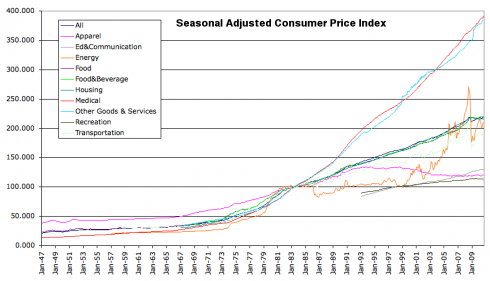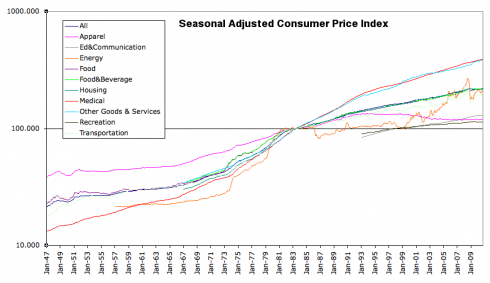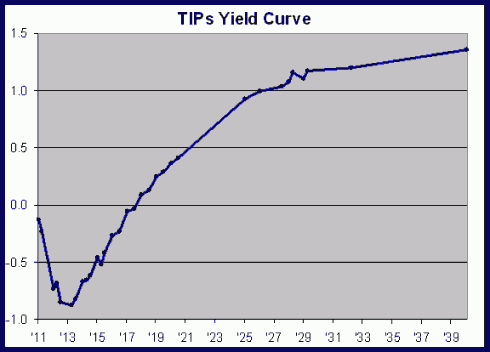The walled garden around most academic publishing is such a pain. I get left with sound bites. It is like those fear driven calls to action where if you ask for proof about the fearful thing your informed that the evidence is all top secret.
Here is a fun little example. This is the abstract for this paper by some marketing B school guys.
When in Doubt, Shout!
Paradoxical Influences of Doubt on Proselytizing
David Gal and
Derek D. Rucker
Author Affiliations: Kellogg School of Management, Northwestern University …
Abstract
A seminal case study by Festinger found, paradoxically, that evidence that disconfirmed religious beliefs increased individuals’ tendency to proselytize to others. Although this finding is renowned, surprisingly, it has never been subjected to experimental scrutiny and is open to multiple interpretations. We examined a general form of the question first posed by Festinger, namely, how does shaken confidence influence advocacy? Across three experiments, people whose confidence in closely held beliefs was undermined engaged in more advocacy of their beliefs (as measured by both advocacy effort and intention to advocate) than did people whose confidence was not undermined. The effect was attenuated when individuals affirmed their beliefs, and was moderated by both importance of the belief and open-mindedness of a message recipient. These findings not only have implications for the results of Festinger’s seminal study, but also offer new insights into people’s motives for advocating their beliefs.
Fetinger’s work is a classic. Members of a doomsday cult have a stark problem when the day of doom comes and goes. What do they do then? What Fetinger observed is that they redouble their efforts, they become even more committed. And interestingly instead of disbanding they run out and recruit more members. There are useful life lessons in that.
So what I’m curious. What does this paper say? Do doubtful people tend to shout?
If you can’t get a copy from inside the garden wall sometimes the info leaks out. The worse case scenario is when the article’s blurb echos around and all contact is lost with the actual research. This research rattling around in the media etc., but this article is the only one I’ve found were the author actually appears to have read the research.
They conducted three experiments. In one, 151 people recruited from an online database were surveyed about their eating habits. Their confidence level was manipulated by asking them to describe either two situations in which they felt considerable uncertainty, or two situations in which they felt a great deal of certainty.
They were then asked whether they were a vegan, vegetarian or meat eater and instructed to indicate on a seven-point scale how important their choice of diet was to them.
Finally, the participants were instructed to imagine they were discussing their food choices with someone who followed a different type of diet, “and to write what they would say to convince that person of the advantages of that diet.”
The result: Participants induced to feel doubt wrote longer messages and spent more time writing them than participants induced to feel comfortable. This effect was particularly strong among those who viewed their dietary preference as very important to them; it disappeared altogether among those who considered diet unimportant.
In both this and a second experiment, “individuals induced to feel doubt about their beliefs exerted more effort toward advocating beliefs,” the researchers write. A third study, which looked at Mac and PC users, found the doubtful also “expressed a greater likelihood to attempt to persuade other people of their beliefs.”
So it appears that this research is not reproducing Fetinger’s result. I’d expected an experiment were fans of product A would be presented with compelling evidence that product B is better. It appears that all we are seeing here is a proof that if you provide a person with some reason to doubt his world view he will respond by devoting some effort to the maintenance of that world view. That doesn’t seem dysfunctional. In fact it seems entirely appropriate.
That is a shame because. It would be really fun to have a study that showed that people engage in irrational over the top arguments when they become doubtful. This research promised me shouting! It doesn’t deliver.


